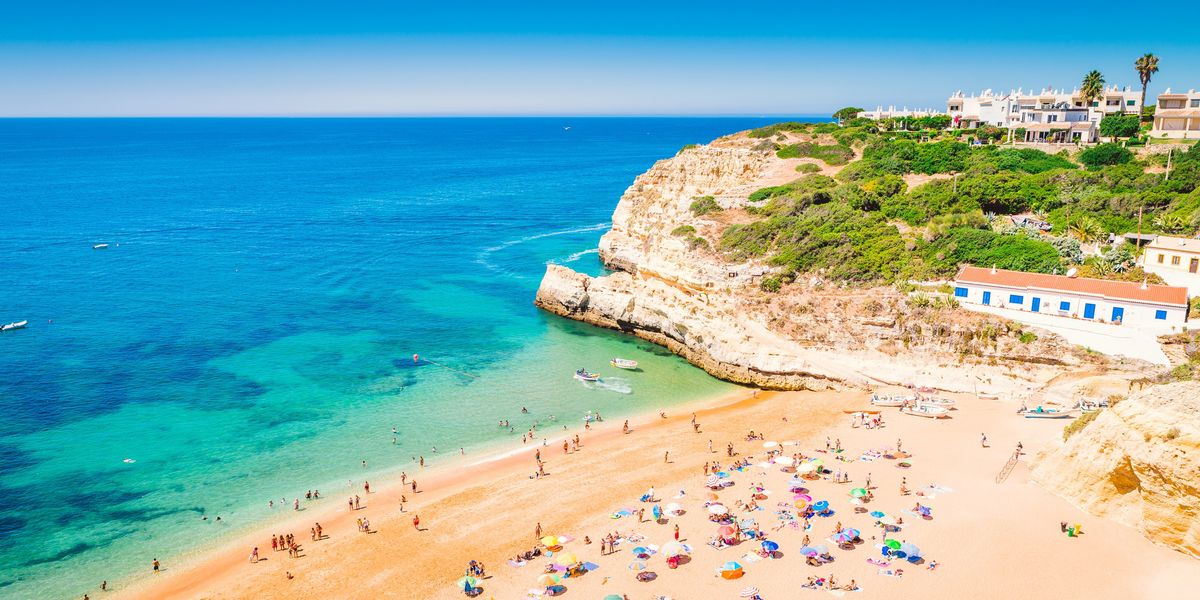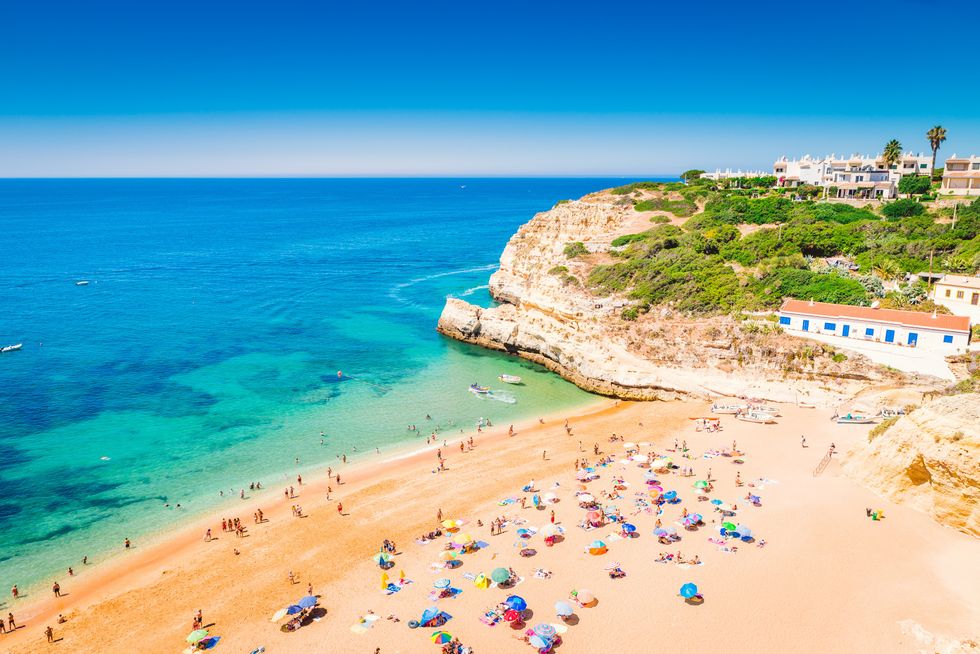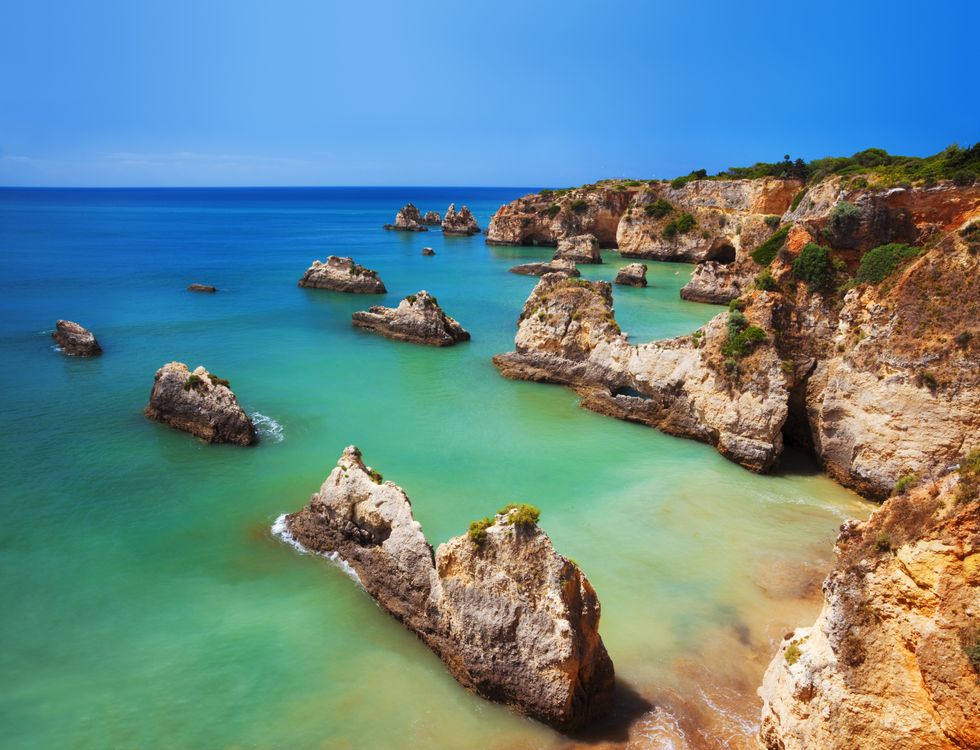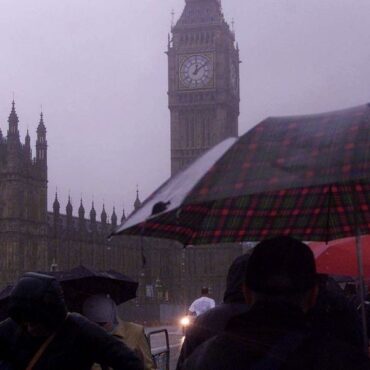The Algarve municipality of Portimão in Portugal has launched a tourist tax that must be paid by anyone visiting.
Britons visiting the area will be forced to fork out year-round, with the fee doubling between March and September.
Holidaymakers will be charged €2 (£1.70) per person per night in the high season for a maximum of seven nights.
For a family of four, this could add nearly £50 extra to the cost of a one week holiday. The fee will drop to €1 (85p) per person per night between October and February.

Portimão has rolled out new tourist taxes
GETTY
The tax collected will be put towards the city and help to improve it for tourists. Portimão Mayor Isilda Gomes explained it could raise “a few million euros”.
Mayor Gomes added: “The rates are extremely fair. The funds will boost the city’s tourism development.” Children under the age of 13 are exempt from the charge.
The Algarve is one of the most beautiful parts of Portugal and home to some must-see tourist attractions.
Portimão is a historical city near plenty of beaches including Rocha Beach, a stunning location that is backed by ochre cliffs.
For expats looking to move to Europe, Portugal was found to be the most affordable place based on various living costs.
Tourist taxes have been introduced in many popular holiday hotspots to help areas combat overtourism and invest in maintaining the cities.
Holidaymakers will often need to follow rules when travelling abroad and Spain recently announced new rules Britons should be aware of if visiting.
Those visiting San Sebastián cannot take part in guided tours with more than 20 people during the busy season. If they do, guides could be charged €750 to €1,500 (£640 to £1,280).
This rule has been introduced to help the flow of crowds in the busiest parts of the city and to crack down on overtourism.
LATEST DEVELOPMENTS

The Algarve is a popular destination in Europe
GETTY
The rules will be enforced from next week as they officially come into effect on April 10.
More restrictions have also been placed on group tours. The use of megaphones has been limited and tours are not allowed to run outside the hours of 8am and 11pm.
San Sebastián is incredibly popular with tourists so putting in restrictions is thought to help the flow of this.













Post comments (0)